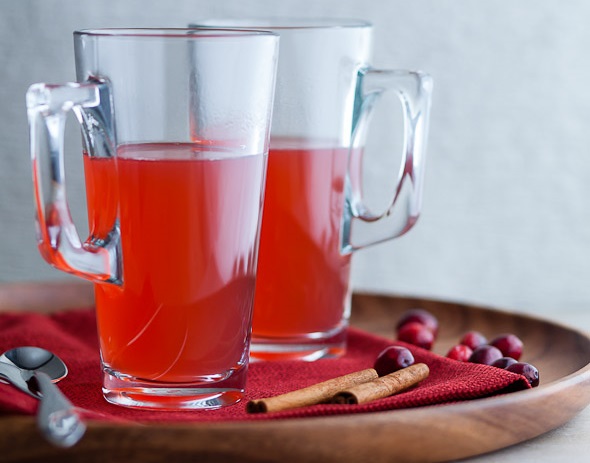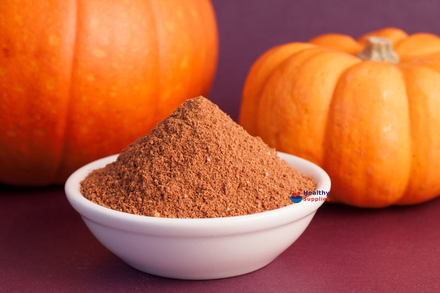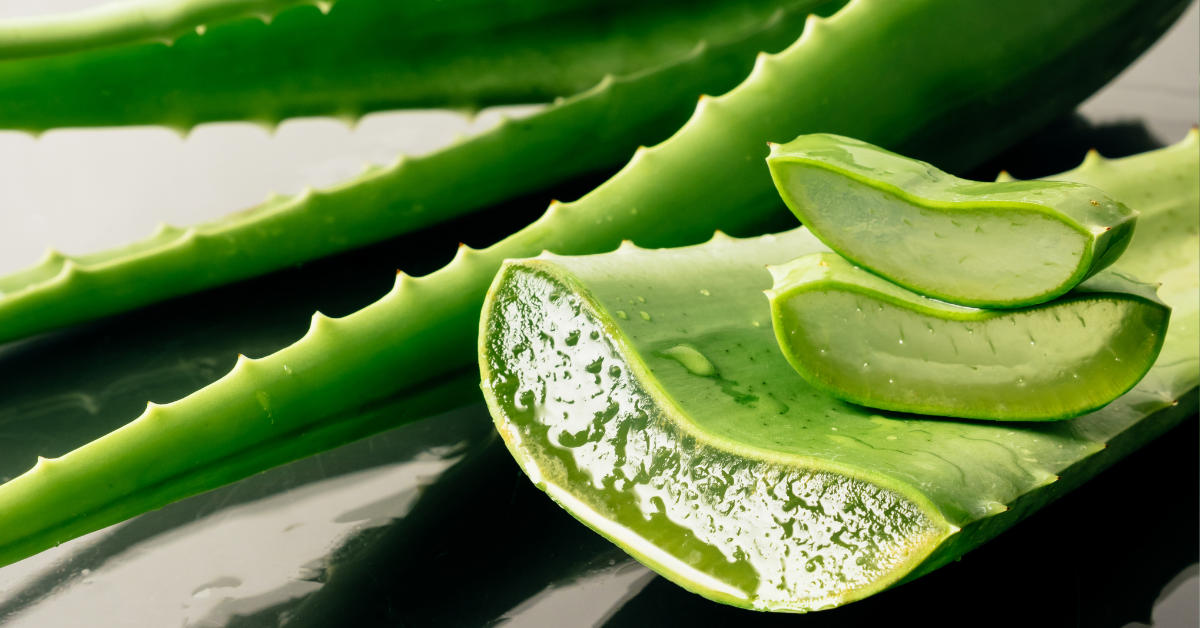Articles
Many of us lead increasingly hectic lives, and nothing quite pampers the soul and soothes a frazzled mind like curling up on the sofa with a hot mug of tea. Tea sustains us, breaks up our day, gives us an excuse for a natter with friends and family, and can confer a whole load of rather wonderful health benefits on us.
We drink around 100 million cups of tea every day in the UK, with 96% of these made using teabags, and 98% taken with milk.[1] It’s good to drink tea, as a few cups a day will help you stay hydrated. But if you look beyond traditional black tea and are looking for other tastes than brilliantly healthy green tea, you’ll find a whole world of different beneficial (and supremely tasty) flowers, herbs, spices and other plants available which can be used to make a lip-smacking and fantastically healthy cuppa.
If you’re interested in reaping benefits from the food you eat, it stands to reason you should also investigate how the beverages you make can also enable you to be healthy, happy and wise! So let’s have a look at ten of our most popular tea infusions and delve deeper into how a simple cuppa can make your day a bit more magnificent….
Read More »We love Bonfire Night! It’s a wonderful excuse to get together with family and friends, enjoy watching a bonfire burn, and see the night sky lit up with colourful fireworks – and of course, feast on some wonderful treats!
This great British tradition, which commemorates the events of 5th November 1605, when Guy Fawkes and his co-conspirators in the Gunpowder Plot were arrested while trying to blow up the House of Lords, is a wonderful time to serve filling, healthy food to loved ones, and we’ve collected some of our favourite and most suitable recipes for you to try. Why not give one or two of these a go….
Read More »Autumn is a wonderful time of year. As the nights draw in and a chill comes to the air, eating habits often change from the lighter salads, wraps and dips of summertime towards more robust stews, casseroles and soups – with lots of lovely sweet treats for afters!
Integral to the flavour palate at this time of year is pumpkin, which is central to Halloween celebrations, where it’s traditionally carved into spooky faces. Pumpkin is also excellent to eat, low in calories and very nutritious too. It’s full of vitamins C and E, and contains a good amount of beta-carotene, a powerful antioxidant which our body converts into vitamin A, brilliant for our immune system and eye health.
Pumpkin can be used in savoury dishes, but it’s the sweet treats using pumpkin that are particularly associated with autumn, and many of these contain pumpkin spice, a mixture of cinnamon, cloves, nutmeg, ginger and sometimes allspice that seems to have a special affinity with this lovely, versatile winter squash. All of these spices (especially cloves and ginger) are high in antioxidants, meaning that even a pinch will have a marked effect on managing inflammation and blood sugar (with cinnamon especially beneficial to diabetics).
As long as we don’t stuff our dishes with refined sugar and unhealthy fats, there’s no reason why we can’t have pumpkin-based treats that are healthy as well as lip-smackingly delicious! Let’s take a look at a few of our favourite pumpkin spice recipes….
Read More »We’ve all heard that we should make sure we eat plenty of fibre in our diet (sometimes also referred to as ‘roughage’), and that this will make us into glowing pictures of health and keep our bowels ticking over wonderfully. But what is fibre, and how come it’s so important?
The British Nutrition Foundation defines dietary fibre as ‘plant-based carbohydrates that, unlike other carbohydrates (such as sugars and starch), are not digested in the small intestine and so reach the large intestine or colon’.[1] As our bodies can’t digest or absorb fibre, it travels all the way through our bodies virtually intact. When it arrives at our colon, that’s where the real magic starts – the friendly bacteria who live there feast on the stuff, and reward us with all kinds of miraculous health benefits. Something called short-chain fatty acids are produced by this process, which are excellent at reducing inflammation and fighting cancer.
Let’s look in closer detail at the wonderful world of dietary fibre….
Read More »We all get cravings every now and then for something naughty to plug that gap between meals. Sometimes the wait between breakfast and lunch can seem endless, and when our tummies are rumbling, there’s nothing easier than to pop to the corner shop for a packet of choccy biscuits, or to grab a big bag of crisps from the kitchen cupboard!
Anyone serious about avoiding unhealthy snacks probably shouldn’t have a cupboard stocked with fattening treats in the first place – but this is easier said than done when you share a home with family or flatmates who want to have them on hand!
So here are some canny suggestions for what to stock in your cupboard for those times when your cravings get the better of you and you’d rather you munched on something filling which didn’t drag your health down into the gutter but filled you up with nutrients and good things….
Read More »We’re all prone to energy slumps, especially at the time of year when evenings are getting darker and a chill is in the air. We tend to move away from summer’s salads and light meals towards more carbohydrate-rich fare in the autumn and winter, and this can cause us to put on weight and experience a spike-and-crash cycle in our blood sugar, leaving us feeling sluggish, grumpy and depleted. When combined with the increase in melatonin, the ‘sleepy hormone’ which is released in response to darkness, it’s no wonder our energy levels can dip severely!
Don’t fear – we’re turning the energy levels up to 11 with eleven natural energy boosters so you can feel alert, active, sunny and bright even when it’s dark and stormy outside!
Read More »Aloe vera is a wonderful plant that has been used for thousands of years, both internally and externally, to improve health and wellbeing. It’s a perennial succulent, similar in many ways to a cactus, and grows across large expanses of the world including North and Central America, Australia, Spain, India and China. It thrives in places with low levels of natural rainfall and is a very hardy when it comes to pests. Large scale agricultural production of aloe vera is now widespread and products containing extracts from its leaves are available in most supermarkets.
Even though its name sounds amusingly like someone greeting an old lady, the health benefits of aloe vera are not to be sniggered at! As a folk medicine, and one of the most popular home remedies in use, aloe vera has been popular for thousands of years. It contains a gel, also known as latex, which has a cornucopia of widely-used applications. But what are the health benefits of aloe vera, and are they backed by science? Let’s take a closer look….
Read More »It’s good to work out! Our bodies need exercise as it helps get oxygen and the essential nutrients we need to our organs and tissues, and lowers the risk of disease. It can help us lose extra pounds and maintain a healthy weight, and it also triggers the release of chemicals in the brain which cause us to feel more perky and upbeat, as well as improving our cognitive function. Whether you’ve joined a gym or you’ve invested in some home equipment – or if you just like to turn the radio up and jump around every now and then – there are many things you should be eating to ensure your body’s prepared and well-nourished in readiness for whatever exercise regime you choose.
One of the very best things to make sure you’re getting enough of is fruit and vegetables – a study in Northern Ireland found that increased intake of fruit and veggies is associated with an increase in muscle power.[1] There are a whole wealth of natural, beneficial things you can eat to make sure you’re building your body up with strength and vitality in readiness for your next gym session – here are ten of our favourites….
Read More »We all want beautiful hair, but sometimes it’s easy to become confused by the huge amount of products available in the shops. The more times we change colour, use heat treatments or add chemicals to our locks, the weaker and more brittle our hair gets. This is even before we factor in increasing levels of air pollution, which can spell disaster for the health of our follicles. In 2019, researchers showed that polluted air, similar to that found in many cities, can significantly reduce our levels of beta-carenin, the protein responsible for hair growth.[1]
All this means we need to take extra-special care to have a beautiful, lustrous, healthy head of hair. So here are our top tips to achieve hair heaven….
Read More »How many times have you heard ‘Breakfast is the most important meal of the day’? Well, it turns out this isn’t just an empty phrase – there’s real truth in it, and a lot of science backing it up.
In Europe, up to 30% of people skip breakfast, but in an analysis of 47 clinical studies, researchers found that children who reported eating breakfast on a consistent basis tended to have superior nutritional profiles than their breakfast-skipping peers, and breakfast eaters generally consumed more daily calories yet, amazingly, were less likely to be overweight. They also discovered that breakfast consumption may improve kids’ cognitive function related to memory, test grades, and school attendance.[1] However, it’s crucial that the breakfast we eat is nutritionally sound. A Spanish study found that while eating a good quality breakfast leads to higher quality of life and lower rates of stress and depression, even skipping breakfast is better than eating a poor quality one.[2] Commercial breakfast cereal manufacturers can be devious – just because they may splash the fact that their product is fortified with vitamins all over the packaging, it doesn’t mean that they’re not still packed with enormous amounts of sugar and fat. Not only do added sugars actually reduce energy levels and deplete our nutrient levels, they are also a massive factor in obesity and chronic disease.[3]
So here are some of our favourite healthy ways to start the day, which will fill you with the nutrition you need to have a happy, productive day….
Read More »









